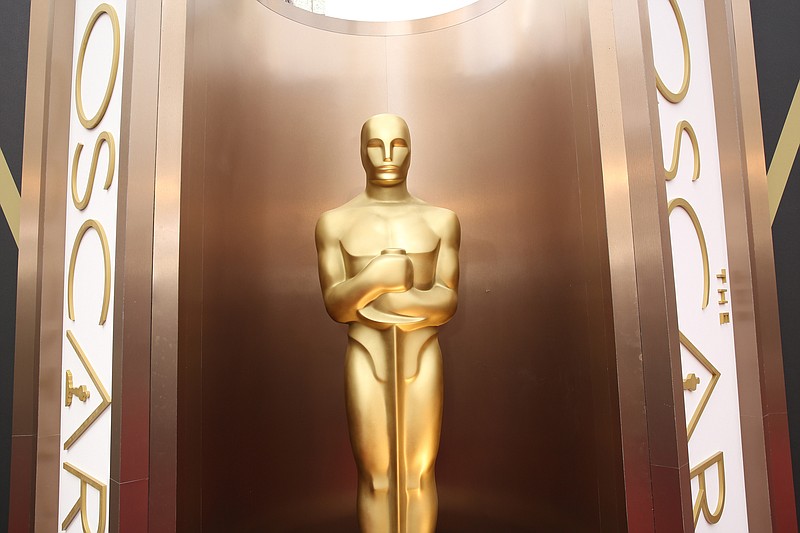The Oscars are less than a week away, and I have seen only two of the nine "Best Picture" nominees: the historical biopic "Hidden Figures" and the sci-fi thriller "Arrival."
Movies are one form of mass communications that still binds us. I will feel some pull to see the "Best Picture" winner whether it's a film I want to see ("Hacksaw Ridge") or one that's not my cup of tea ("La-La Land").
View other columns by Mark Kennedy
The phrase "You are what you read" needs an update. Something like: "You are what you read, and also your Netflix watch history." Films still have a profound influence on our personalities and family lives.
The other day, I was scrolling through a list of "Best Picture" award winners dating back to 1940. On a lark, I decided to go back to my birth year, 1958, and check off the "Best Picture" films I remember watching from start to finish.
I've seen 42 of the 57 "Best Picture" winners of my lifetime, for a batting average of 74 percent. Of course I could raise that to 100 percent any time by committing about 30 hours of time and $100 in streaming rental fees. (FYI: Comcast's "On Demand" currently has all the "Best Picture" winners in a queue if you want to binge.)
Most of the gaps in my "Best Picture" watch list were those that won when I was very young and in the years since our boys were born. I only remember seeing two of the "Best Picture" winners filmed before before my 12th birthday: "West Side Story" (1961) and "Sound of Music" (1965).
Then, from 1970 ("Patton") to 2004 ("Million Dollar Baby"), I count seeing 33 out of 34 winners, missing only "The French Connection," which was filmed when I was 13 years old; and, incidentally, was the first R-rated movie to win the "Best Picture" award.
Since 2004, roughly shadowing the time since our boys were born, I've seen only six of 11 winners, or 54 percent. Clearly, movies have been taking a back seat to parenthood. Still, I believe movies have taught me lessons that have helped me become a better dad.
Here are some examples:
"Patton" (1970): My father checked me out of elementary school in sixth grade to see this film. I was too young. All I remember is George C. Scott as the great WWII general George S. Patton shouting cuss words. Lesson: Don't use films made for adults to attempt to teach lessons to your kids.
"Rocky" (1976): I listened to the brassy theme song to this iconic boxing movie during a failed attempt at door-to-door sales. Lesson: You can learn more from something legitimately hard - like two months of knocking on doors in a strange city - than from something supposedly hard, like going to college.
"The Deer Hunter" (1978): Watching characters in this film play Russian roulette was the most excruciating movie experience I've ever had. Lesson: No matter how you shield your kids from the world's dark horrors, everybody eventually learns that life is full of random evil that moms and dads are powerless to prevent.
"Forrest Gump" (1994): Even 20-plus years later, Forrest, played brilliantly by Tom Hanks, still feels like a real person in my mind. Lesson: Stories, no matter whether we consume them through books or films, are still the most powerful communication tool ever invented.
Mark Kennedy is a resident of Signal Mountain. His columns appear in the Times Free Press on Thursdays, Saturdays and Sundays. Contact him at mkennedy@timesfreepress.com or 757-6645. Follow him on Twitter @TFPCOLUMNIST. Subscribe to his Facebook updates at facebook.com/mkennedycolumnist.

